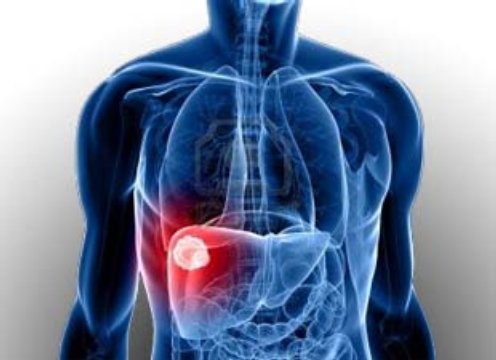
AsianScientist (Aug. 14, 2014) – Scientists have solved the mystery as to why Asians are more susceptible to a life threatening side-effects of anti-inflammation drugs, even though they lack the mutation known to cause side-effects in Caucasian populations. This study has been published in the journal Nature Genetics.
Thiopurine drugs such as azathioprine and 6-mercaptopurine are commonly used to treat autoimmune diseases like inflammatory bowel disease. Individuals with mutations in the gene encoding thiopurine S-methyltransferase (TPMT) are known to develop an adverse reaction to thiopurine drugs, including a life threatening drop in white blood cells known as leukopenia.
“The US Food and Drug Administration recommends an assessment of TPMT status prior to initiating therapy. However, while the frequency of TPMT mutations is lower in Asian populations than Caucasian ones, the incidence of thiopurine sensitivity in Asians is considerably higher. This suggests that additional factors contribute to thiopurine sensitivity, and also leads us to question the utility of pretesting for TPMT status in Asians,” said corresponding author of the study, Professor Song Kyuyong from the University of Ulsan College of Medicine.
Seeking to understand this mystery, Prof. Song and her team performed a genetic analysis of 978 Korean patients with Crohn’s disease who were treated with thiopurines.
“The key to our success was the selection of patients with an extreme phenotype who experienced leukopenia within the first eight weeks of thiopurine therapy. Using these 66 patients, we performed a genome-wide association study, which provides a hypothesis-free survey of the human genome for common variants associated with thiopurine sensitivity,” she said.
“We found a strong association between leukopenia and a genetic variant in NUDT15, which encodes an enzyme that can degrade certain types of DNA building blocks that have been damaged by oxidation.”
NUDT15 was found to be mutated in 89 percent of all the patients who developed leukopenia but in only seven percent of those who did not develop the side effect. Furthermore, patients with two copies of the mutated NUDT15 gene developed more severe leukopenia at a lower dose of thiopurine.
“The current clinical approach to prescribing thiopurines in Korean Crohn’s disease patients is to start at a low dose of either azathioprine or 6-mercaptopurine and increase the medication slowly over several months until the target weight-based dose is achieved. Now that we have identified the causative allele of the adverse reaction, we can assess NUDT15 status prior to initiating thiopurine therapy to prevent thiopurine sensitivity,” Prof. Song said of the significance of their findings.
“I think we’ve found a major cause, but there are less than ten percent of patients without the causative variants who develop thiopurine sensitivity. We’re now working on identification of additional factors for those patients.”
The article can be found at: Yang et al. (2014) A Common Missense Variant in NUDT15 Confers Susceptibility to Thiopurine-induced Leukopenia.
——-
Copyright: Asian Scientist Magazine; Photo: Song Kyuyoung.
Disclaimer: This article does not necessarily reflect the views of AsianScientist or its staff.












